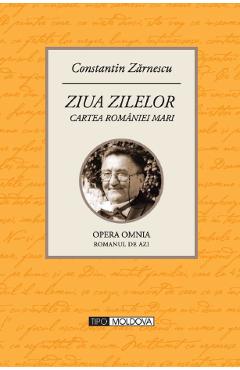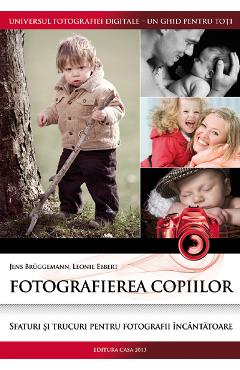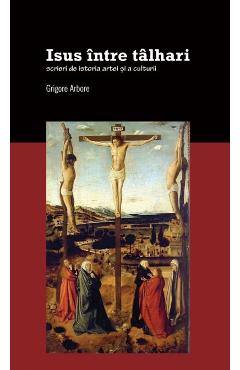Nature (eBook)
ebooks
The impact of Emerson's Nature was enormous, soon making it the manifesto of the growing movement of Transcendentalism. In its often seemingly random and loosely organized essays, Emerson articulated the core beliefs of the Transcendentalists: th...
Cod: 629a0241-ce65-4789-a649-a9f7904b464e / 139765
Disponibilitate: In stoc
Producator: eKitap Projesi
Expediere prin: Colete.ro
11.43 RON
The impact of Emerson's Nature was enormous, soon making it the manifesto of the growing movement of Transcendentalism. In its often seemingly random and loosely organized essays, Emerson articulated the core beliefs of the Transcendentalists: the unity of all things within the consciousness of an "Over-Soul," the divinity within each human being, and the ability of the individual to transcend worldly reality through Nature. In its "Introduction," he argued modern people accepted the world through the dead traditions of the past, but that through Nature man might "enjoy an original relation to the universe." Ultimately, what Emerson proposed in the book was that what is conventionally thought of as religious salvation is achieved not through adherence to stiff doctrine, but through the immediacy of experience in life. Nature also established Emerson as America's leading intellectual, a role he was to fulfill for the rest of his life. Over the next twenty years Emerson lectured widely and published a series of essays that articulated American views of art, philosophy, and literature including The American Scholar, "Self-Reliance," "The Over-Soul," "The Poet," and "Experience." In these essays, Emerson is credited with establishing an American literary "Declaration of Independence" complete with a philosophic framework that respected native notions of self-reliance, common sense, and democracy. His ideas were not without controversy. For instance, invited to speak to the graduating class of the Harvard Divinity School in 1838, Emerson delivered an address which virtually ostracized him from the more conservative New England clergy, many of whom had until that time embraced him. In what is commonly called The Divinity School Address, Emerson challenged the notion that spiritual truth is received solely through Scripture. Instead, he insisted upon a return to original spiritual experience which could not "be received second hand," and that the role of the ministry was t
Produse din Categorie
Recomandari

























































